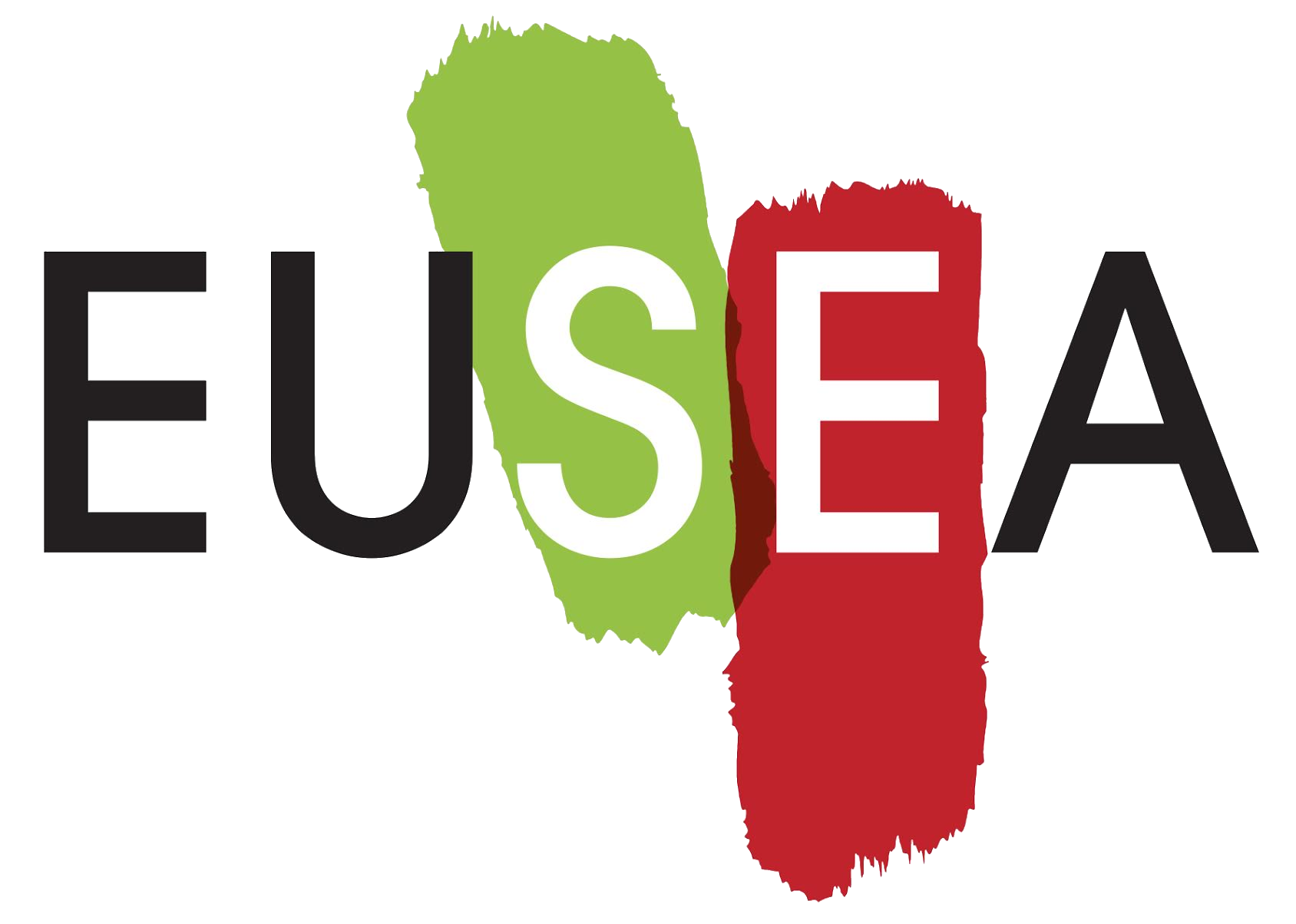The STEP CHANGE project will develop 5 citizen science initiatives in the fields of Energy, Health and Environment. With EUSEA taking the lead on all communication and dissemination activities
It is critical to make science more socially robust, inclusive, and democratic; while also strengthening the capacity of scientific investigation of emerging phenomena that transcend narrow disciplinary boundaries. This is the objective of the recently launched Step Change project, funded by the H2020 programme. Step Change, coordinated by the University of Primorska, consists of 11 partners from 7 European countries and Uganda. Over the next three years, the project will implement five Citizen Science Initiatives (CSIs) in the areas of energy, environment, health and infectious diseases, paying particular attention to the participatory and self-reflexive analysis and evaluation of their collaborative research processes, scientific outcomes and societal impacts.
The CSIs will focus on tackling issues of wildlife conservation in Slovenia, non-alcoholic fatty liver disease in the UK, energy communities in Germany, infectious disease outbreak preparedness in Italy, and off-grid renewable energy used for agriculture in Uganda. Step Change builds on the assumption that citizen science can play an even broader societal and scientific role than is generally acknowledged, particularly in those critical fields of research, like energy, health and the environment, where human and non-human factors are deeply intertwined. The overall objective of this project is to explore the potential of citizen science in terms of knowledge and innovation advancement, and science and society alignment. Building on this preliminary phase, the project will create recommendations and tools that will act as the foundation for increased use of citizen science in research institutions.
But what is citizen science? According to the European Commission, citizen science “spans a range of levels of engagement: from being better informed about science, to participating in the scientific process itself by observing, gathering or processing data”. Citizen science is indeed one of the more interesting participatory approaches that have been developed in the field of public engagement. It is the approach that puts the very practice of science in the spotlight. With the promise of opening the doors to the otherwise exclusive science clubhouses, allowing the opportunity for any layperson with an interest in the subject to contribute, no matter their background.
But how does it work? Citizens can participate in scientific research in many different ways. Depending on their personal interests, citizen scientists can take a more hands-off role, either being involved as observers or as funders, or they could take a more active role and assist with the collection and analysis of data, or even be a part of the experiment and provide useful information. Citizen science can take many forms; from tracking dolphin migration patterns, studying canine behaviour, identifying galaxies, monitoring radioactively contaminated food, or analysing and classifying wildlife photos. Involving citizens in science means boosting public engagement in research, but also makes science more responsive to society, while also including relevant stakeholders in setting research priorities, methods and outcomes. Leading the way in democratising scientific research.
However, performing citizen science well is not an easy task, and if not implemented thoughtfully it can result in some major drawbacks. Because of this, limitations and risks need to be constantly addressed at different stages, especially if we are to persuade researchers to use citizen science practices as part of their research methodologies. Without this oversight citizen science could be relegated to the sidelines of scientific practice, labelled as a fascinating approach with limited scope for actual scientific impact.
In this respect, the aim of the Step Change project is to ensure that research institutes make the most of the potential that citizen science has to offer, whilst also identifying, analysing, and limiting the associated risks. In January 2021, the Joint Research Centre of the European Commission released a study, Exploring Citizen Science Strategies and Initiatives in Europe, which conducted surveys and mapped any relevant citizen science initiatives, while identifying the most common obstacles that got in the way of the uptake, development and normalisation of citizen science approaches. According to this study, the main stumbling block appears to be the lack of awareness and understanding by policymakers of the potential of citizen science.
The Step Change project will help to remedy this by developing and disseminating best practices and toolkits that support the spread of citizen science, cementing these concepts within R&I institutions and changing researchers’ mindsets on its value. Within this framework, Step Change will also design and develop a Citizen Science Navigator, a web-based tool that will collect theoretical and practical insights about different citizen science applications.
The team at EUSEA, who will be tackling all communication and dissemination activities associated with the Step Change project, fully understand the importance of citizen science and are eager to take the challenge. To keep up to date with all the latest news from the Step Change project, click here to follow us on Twitter.






